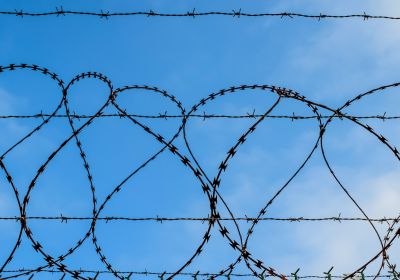
Laurie Zio, the Northern Territory Country Liberal Party Member for Fannie Bay, has been caught out misleading parliament about support for mandatory sentencing. Stephen W Enciso reports.

Laurie Zio, the Northern Territory Country Liberal Party Member for Fannie Bay, has been caught out misleading parliament about support for mandatory sentencing. Stephen W Enciso reports.
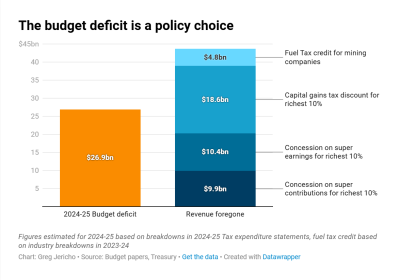
Labor has delivered what it hopes will be an election-winning budget, with $17 billion in new tax cuts and $150 in energy rebates to each household for their next two bills. Peter Boyle reports.

A new report found that an income of $130,000 a year is required to avoid rental stress, but Labor has no plan to address extortionate rents, argues Isaac Nellist.
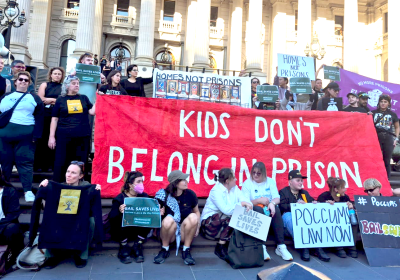
Hundreds of people gathered outside Victorian Parliament House to oppose Victorian Labor’s introduction of the toughest bail laws in the country. Jacob Andrewartha and Kalindi Salvo Sampson report.

Labor’s own Economic Inclusion Advisory Committee has again urged it to raise JobSeeker and other welfare payments ahead of the federal budget. Isaac Nellist reports.

The NT Country Liberal Party has contracted the controversial private British-Danish security firm G4S to provide “much-needed relief” in the corrections system. Stephen W Enciso reports.
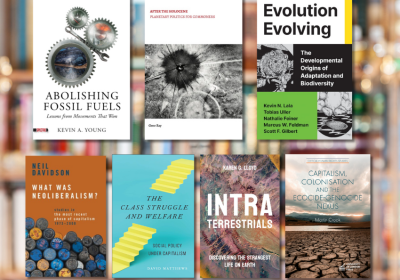
Climate and Capitalism editor Ian Angus presents seven recent books on movement building, modern capitalism, evolution, ecology and colonialism.

Labor says it is delivering record funding in health, education and housing to First Nations communities, but First Nations advisor Pat Turner AM and Senator Lidia Thorpe dispute this. Kerry Smith reports.

Socialist Alliance preselected Rachel Evans to contest the seat of Sydney and a state-wide meeting on February 8 preselected Peter Boyle and Andrew Chuter for the NSW Senate. Jim McIlroy reports.

Granting unconditional income to all through a universally accessible income guarantee could lift millions out of poverty and be a step towards radical change, argues Brandon M.
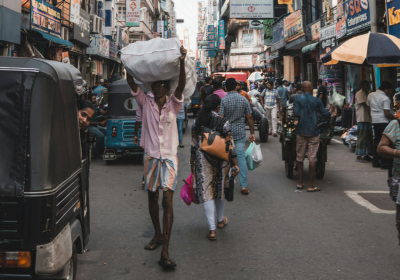
Despite winning a majority in Sri Lanka’s parliament, the National Peoples Power government is struggling to gain momentum on the deep structural reforms required to guarantee people’s economic wellbeing, protect the environment and fend off attempts by the far right to capitalise on discontent, writes Janaka Biyanwila.
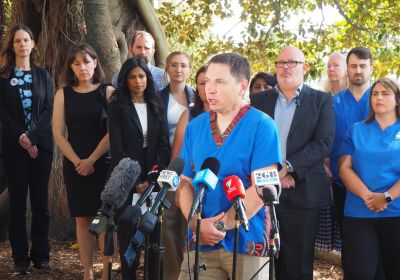
The Chris Minns government has known for at least 16 months about the 140 vacancies in the psychiatry workforce, but rather than rectify this it has gone on the offensive against public health professionals. Jim McIlroy reports.